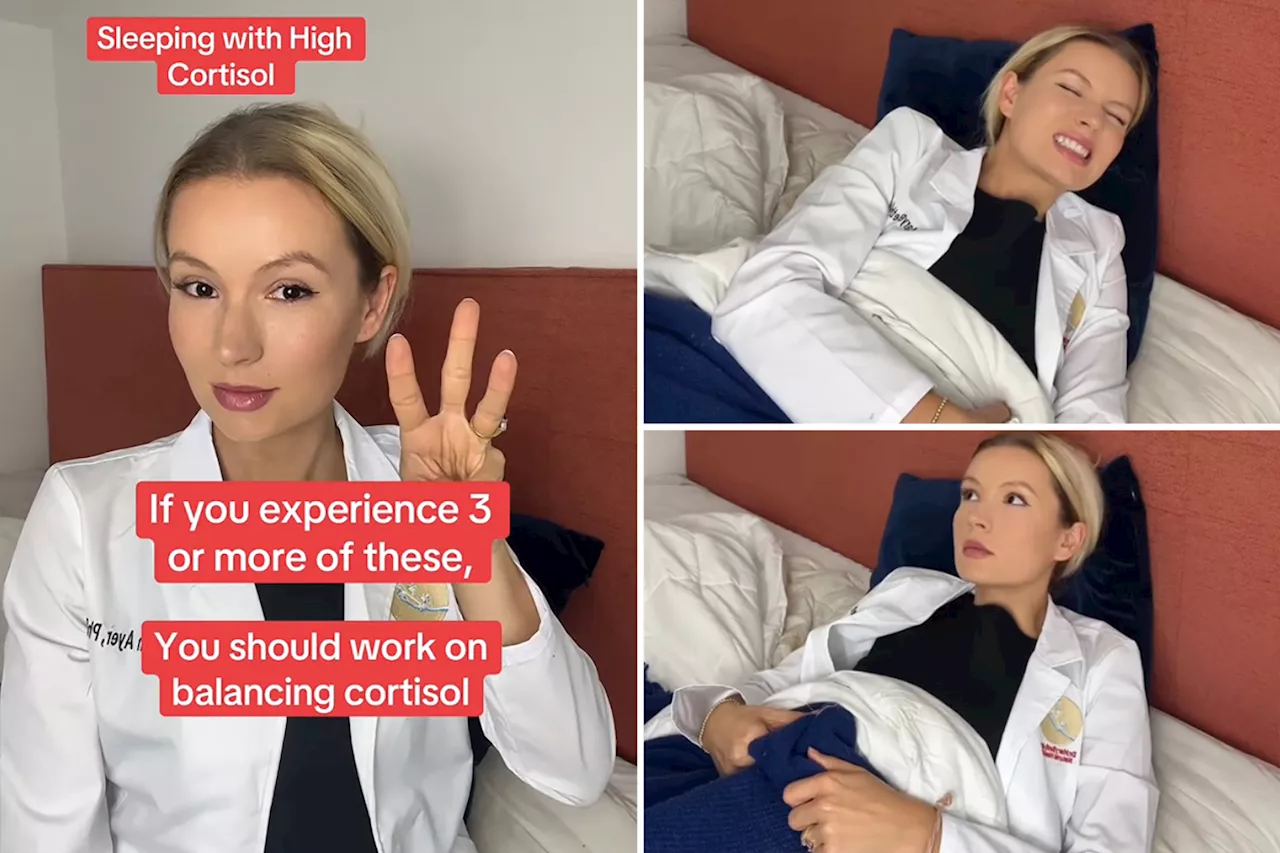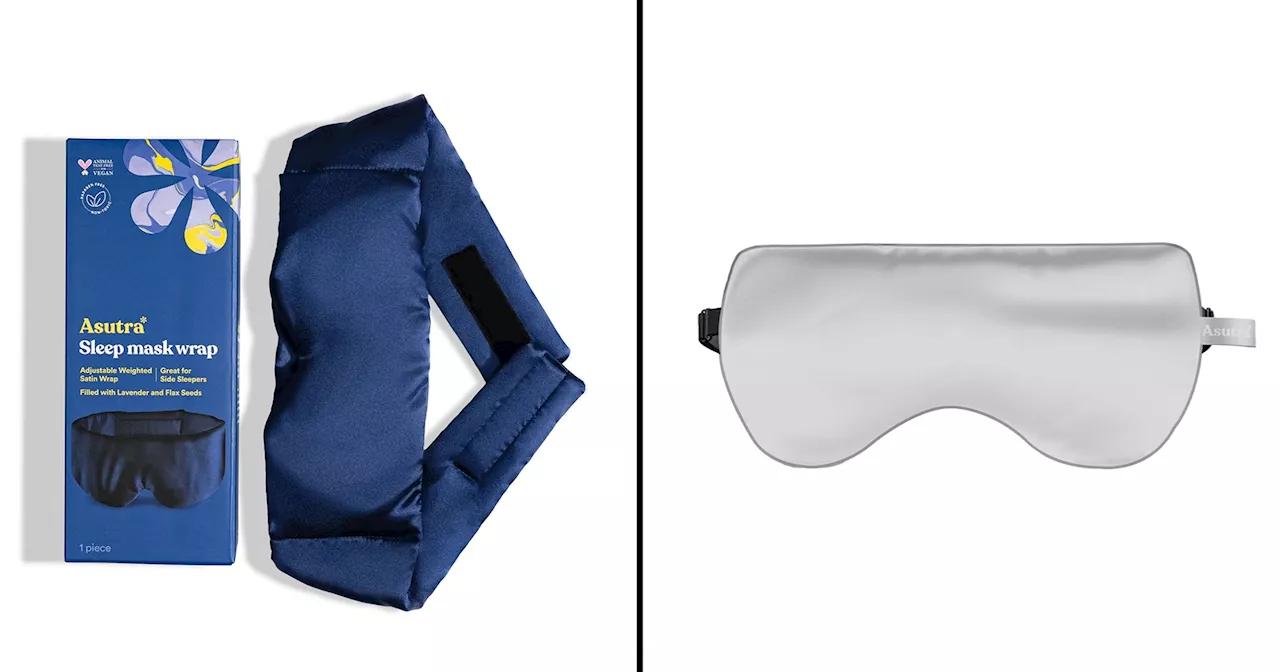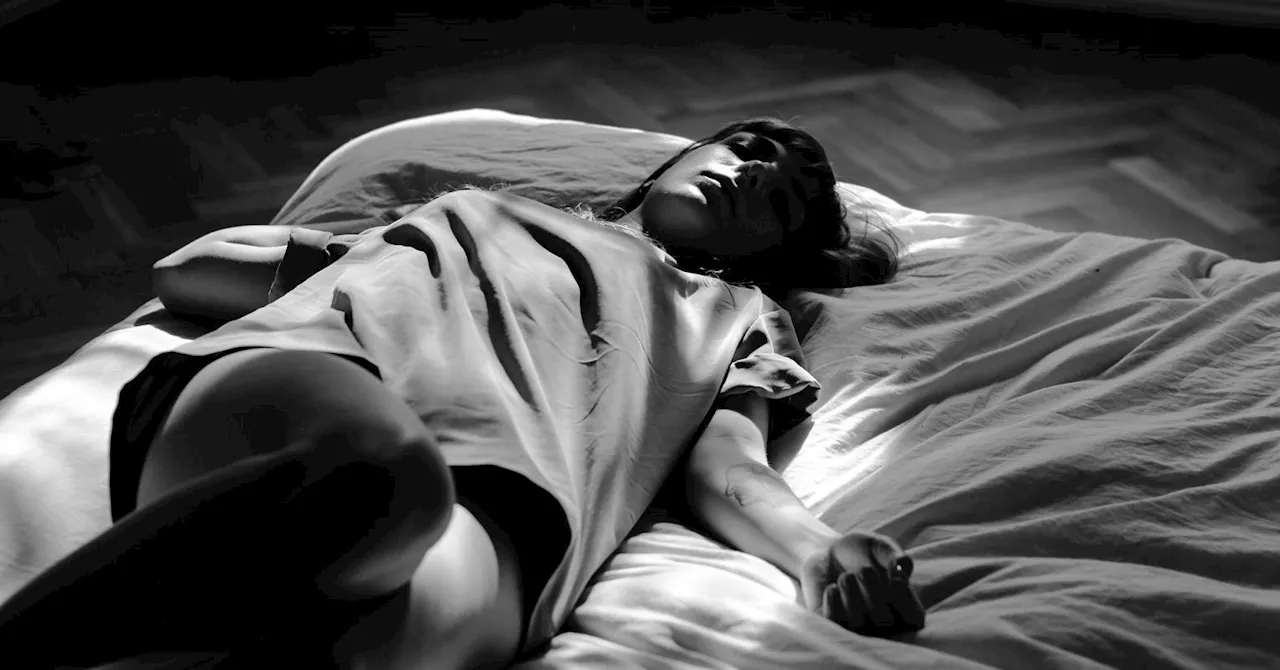This article explores the complex relationship between eating disorders and sleep, highlighting how unhealthy eating habits often create temporary solutions for sleep problems while exacerbating the overall situation.
Everyday habits offer partial and temporary workarounds for the sleep problems common in eating disorders. Psychological, physical, and behavioral problems related to eating disorders interfere with good sleep. Bad sleep often makes life with an eating disorder even worse, and/or makes recovery feel even more out of reach. Evolution has made humans comfort-seeking, inventive, and also effort-averse.
So if there’s a three-way choice between settling for doing nothing, undertaking a high-cost, high-gain solution, and finding a quick but dubious fix, the last of these options is often optimal. If you’re in a bad situation, it’s reasonable to work out just how much less bad you can make it with easy interventions before deciding whether to invest the effort in trying to change the situation entirely. Of course, life is so complex and demanding that we don’t tend to experience our quick-fix efforts as clear-eyed experiments in testing out the tenability of the status quo, prior to making an equally lucid decision about whether to enact profound change. Instead, we often muddle along, drifting into habits that serve us poorly for reasons that often remain as opaque to us are as the sources of our hazy ideas for making things feel a bit better. Life was a good example of this kind of practical and existential muddle, this stumbling sort of life design. And the intersection of eating and sleep was an excellent micro-example. As I’ve described in other posts (e.g., on arbitrary rules), my anorexic way of eating defined by deferral: keep yourself going with hot drinks and put off the real eating until everything else in the day is done. The result was middle-of-the-night eating and a comprehensively messed-up sleep schedule. But as my therapist pointed out soon after I embarked on my final, successful recovery attempt, the way I ate not only caused sleep problems, it was also a great solution to them—as great as any solution could be that existed within the anorexic status quo
EATING DISORDERS SLEEP PROBLEMS HABITS RECOVERY PSYCHOLOGICAL HEALTH
United States Latest News, United States Headlines
Similar News:You can also read news stories similar to this one that we have collected from other news sources.
 Sleep and Eating Disorders: A Personal Journey to RecoveryThis article explores the interconnectedness of sleep and eating disorders, drawing on personal experiences of struggling with anorexia. It highlights the disruptions in sleep patterns common during eating disorder recovery and the profound improvements in sleep quality achieved after recovery.
Sleep and Eating Disorders: A Personal Journey to RecoveryThis article explores the interconnectedness of sleep and eating disorders, drawing on personal experiences of struggling with anorexia. It highlights the disruptions in sleep patterns common during eating disorder recovery and the profound improvements in sleep quality achieved after recovery.
Read more »
 Values: A Compass for Lasting Recovery from Eating DisordersThis article explores the power of values in guiding lasting recovery from eating disorders. It contrasts values with resolutions, highlighting the internal and enduring nature of values. The text emphasizes how values like self-compassion, self-acceptance, and health can shift the focus away from appearance-based goals and towards inner well-being.
Values: A Compass for Lasting Recovery from Eating DisordersThis article explores the power of values in guiding lasting recovery from eating disorders. It contrasts values with resolutions, highlighting the internal and enduring nature of values. The text emphasizes how values like self-compassion, self-acceptance, and health can shift the focus away from appearance-based goals and towards inner well-being.
Read more »
 The LivewireA New Perspective on Sleep and Sleep Training
The LivewireA New Perspective on Sleep and Sleep Training
Read more »
 Finding Strength in Seeking Help: Christmas and Eating DisordersThis article explores the challenges of Christmas for individuals with eating disorders, drawing on the experiences of Amber Harrison and Paula Gibson from Freed Beyond. It emphasizes the importance of support, open communication, and the strength in seeking help.
Finding Strength in Seeking Help: Christmas and Eating DisordersThis article explores the challenges of Christmas for individuals with eating disorders, drawing on the experiences of Amber Harrison and Paula Gibson from Freed Beyond. It emphasizes the importance of support, open communication, and the strength in seeking help.
Read more »
 The 10 sleep habits you should never ignore — if you do 3 or more of these, see a doctorIt’s time to stop losing sleep over poor sleep.
The 10 sleep habits you should never ignore — if you do 3 or more of these, see a doctorIt’s time to stop losing sleep over poor sleep.
Read more »
 The Best Sleep Asutra Sleep Products to Improve Your Beauty RoutineFrom cooling sleeping masks to weighted neck wraps, Asutra has every product available to improve your quality of sleep
The Best Sleep Asutra Sleep Products to Improve Your Beauty RoutineFrom cooling sleeping masks to weighted neck wraps, Asutra has every product available to improve your quality of sleep
Read more »
